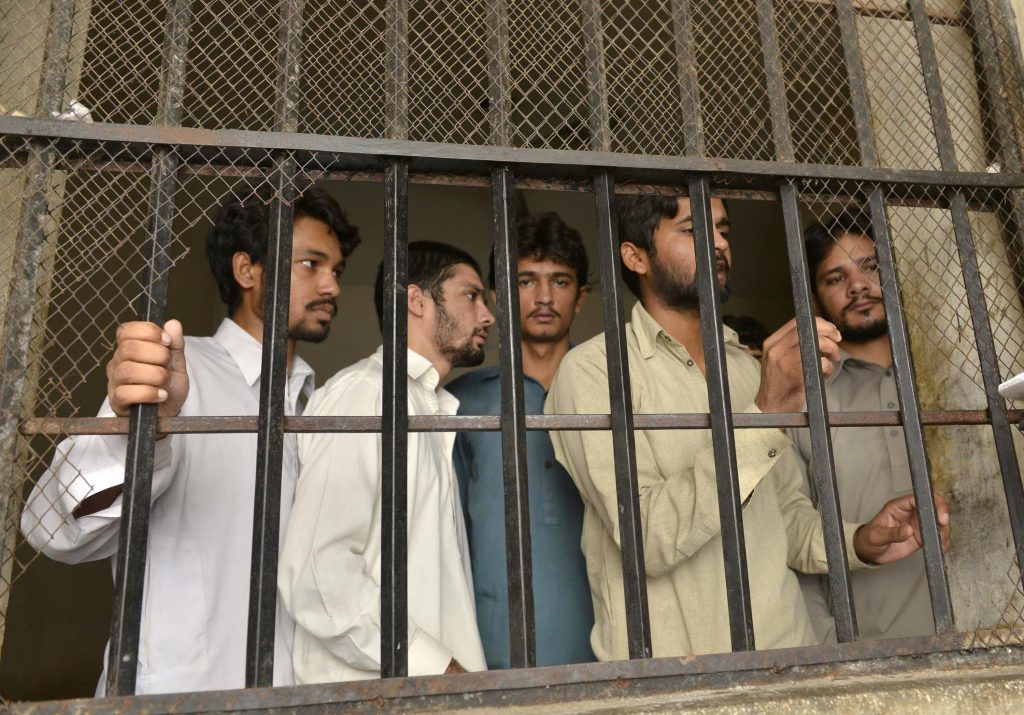The Lahore High Court (LHC) has stirred controversy by acquitting the three main culprits of the infamous Kasur video scandal, despite their prior conviction and life imprisonment sentence by an anti-terrorism court (ATC).
The decision, rendered by a two-member bench led by Justice Shahram Sarwar Chaudhry, has ignited public outrage. Raised serious questions about the efficacy of the justice system in handling heinous crimes.
During the proceedings, appeals on behalf of the accused were presented by Abid Hussain Kuchi and Sohail Asghar Advocate, leading to a surprising turn of events.
The Kasur video scandal, originating in 2015, involved the Ganda Singh police in Kasur registering a case against criminals who were subsequently tried in an ATC Lahore.
The ATC had sentenced the individuals to life imprisonment for their involvement in the shocking incident that drew widespread condemnation.
The LHC’s decision to acquit the culprits is now prompting discussions on the adequacy of the justice system. Especially when dealing with cases of significant societal impact.
Critics argue that the move raises concerns about the system’s ability to deliver justice in such cases. Leading to renewed calls for stricter measures to address crimes of a sensitive nature. Particularly those exploiting and abusing vulnerable individuals.
Read More: Jemima Khan Denies Funding Vloggers Amid Political Allegations
The Kasur video scandal, which unfolded eight years ago in Hussain Khanwala village, Kasur, involved a group of suspects believed to operate as a gang.
They recorded videos documenting the sexual abuse of at least 280 children. Reportedly engaged in blackmail, threatening parents with the release of incriminating videos. Unless ransom demands were met.
The acquittal is seen by many as sending a troubling message that could erode public trust in the judicial system.
Calls for a review of the decision and a thorough re-examination of the evidence are resonating in legal circles and civil society.
Concerns are mounting over the potential implications this verdict may have on future cases involving similar offenses. Further emphasizing the need for a robust and trustworthy justice system.


